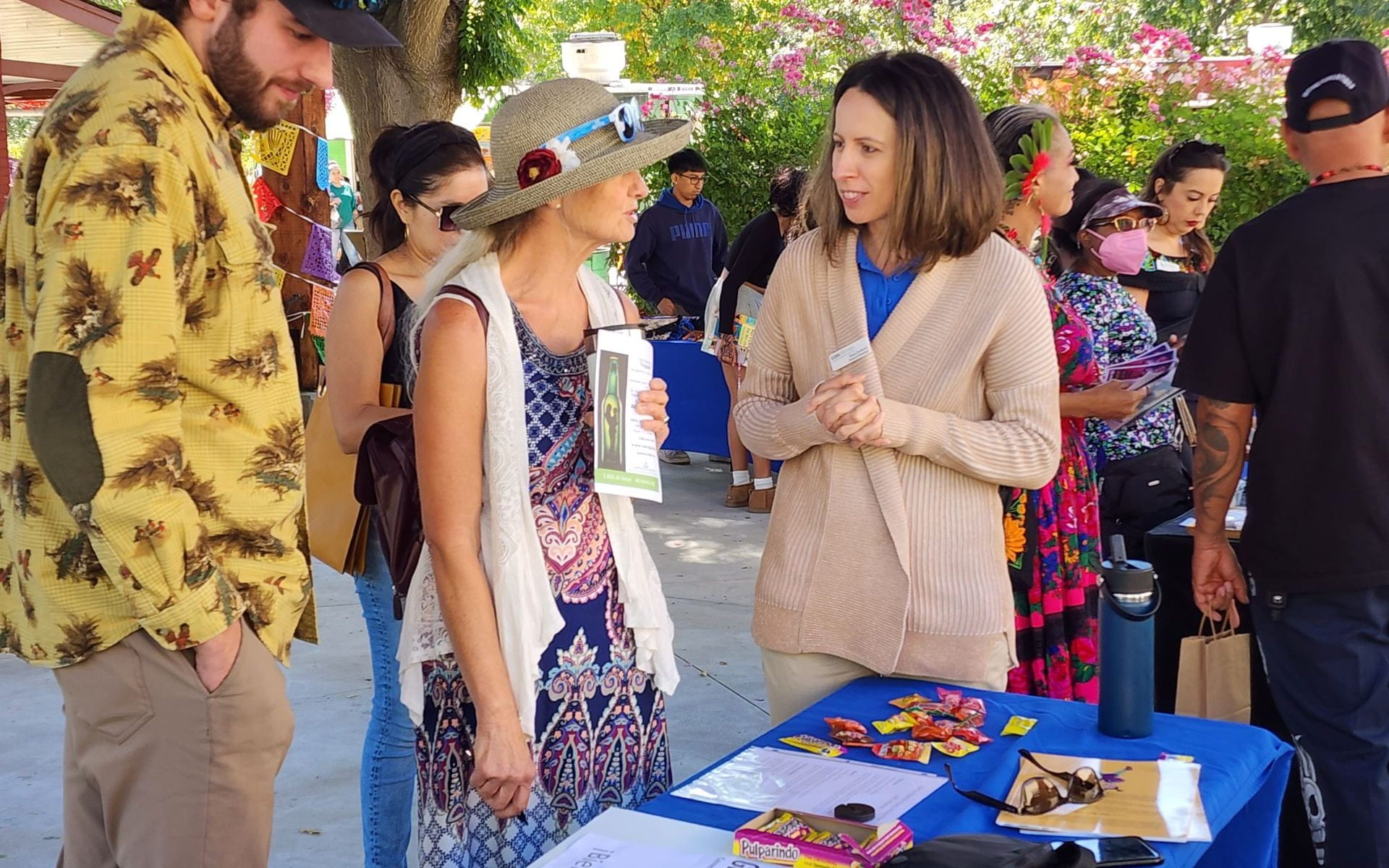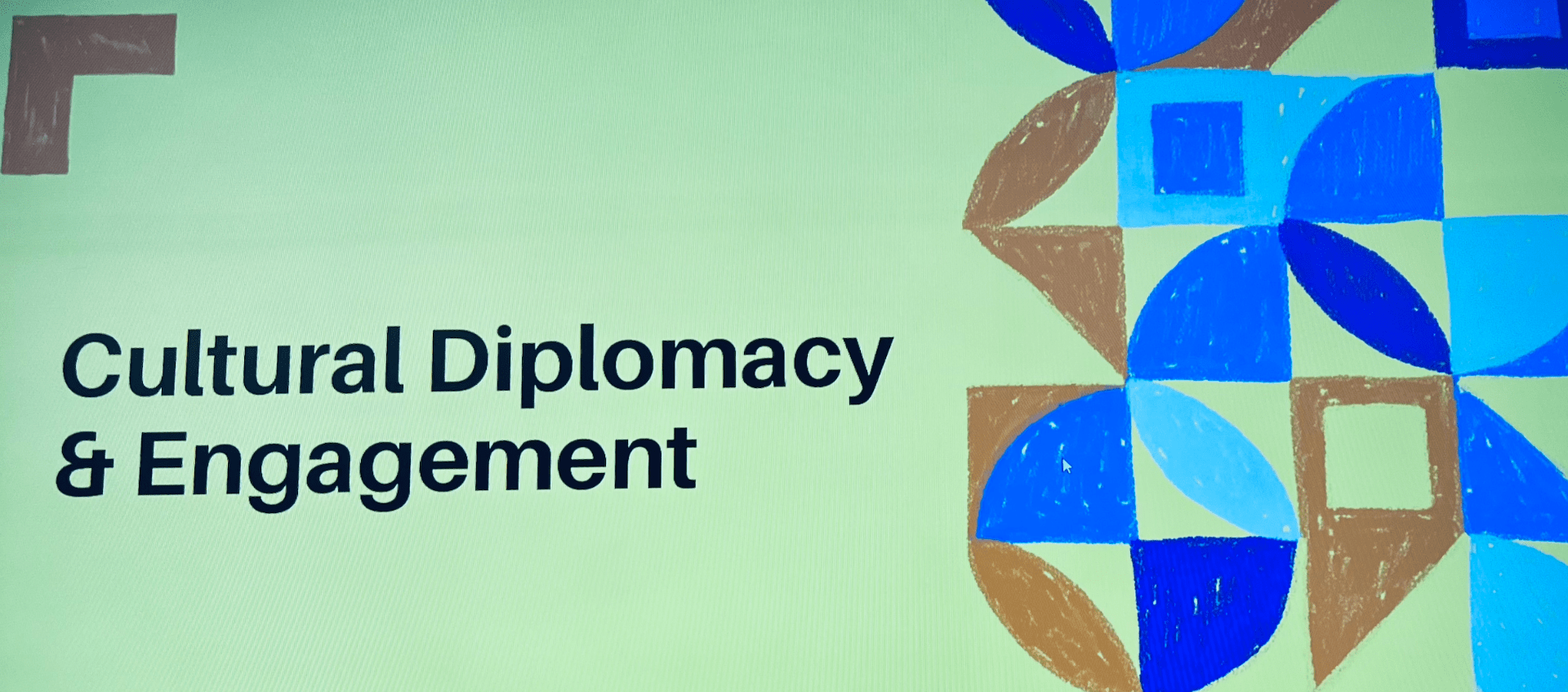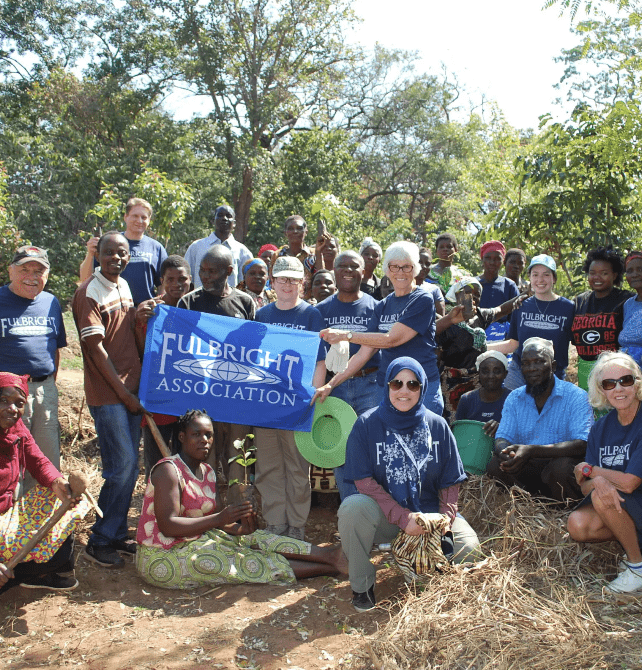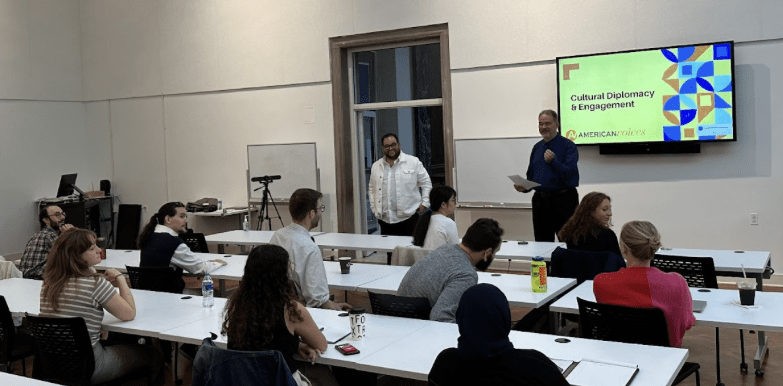Iceland’s ambassador speaks at the 2023 Walter Roberts Annual Lecture
The 2023 Walter Roberts Annual Lecture will feature HE Ambassador Bergdis Ellertsdottir, Iceland’s ambassador to the U.S.

Ambassador Ellertsdottir (left) will speak on the topic of “Climate Diplomacy: Communicating with Urgency”. In this talk, she will discuss the unique position of Iceland in global debates about climate change, particularly the Arctic region. She will discuss the communication challenges and her country’s advocacy on what scientists recognize as the most pressing global issue.
It is no surprise that Arctic affairs are a top priority for the country. Iceland lies completely within the Arctic, with the Arctic Circle passing through its northernmost community, Grimsey Island (circled), 40 kilometers off its north coast. The effects of climate change are very evident in the receding of Iceland’s glaciers and ocean acidification impacting the surrounding marine environment.

Following Amb. Ellertsdottir ‘s lecture, SMPA Professor Frank Sesno will host a conversation and moderate the Q&A session. Sesno is the Founding Director of Planet Forward, a project of the Center for Innovative Media that teaches environmental storytelling to GW students. The Institute for Public Diplomacy and Global Communication (IPDGC) and the Walter Roberts Endowment are collaborating with Planet Forward for the Annual Lecture.
Dr. William Youmans, Director of IPDGC, will deliver welcoming remarks at the start of the event.
Tuesday, December 12, 2023
Time: 6:00pm – 8:00pm ET(A light reception will be provided at 5:15pm)
Venue: Lehman Auditorium, Science & Engineering Hall, B1220, 800 22nd Street, NW, Washington, D.C. 20052













